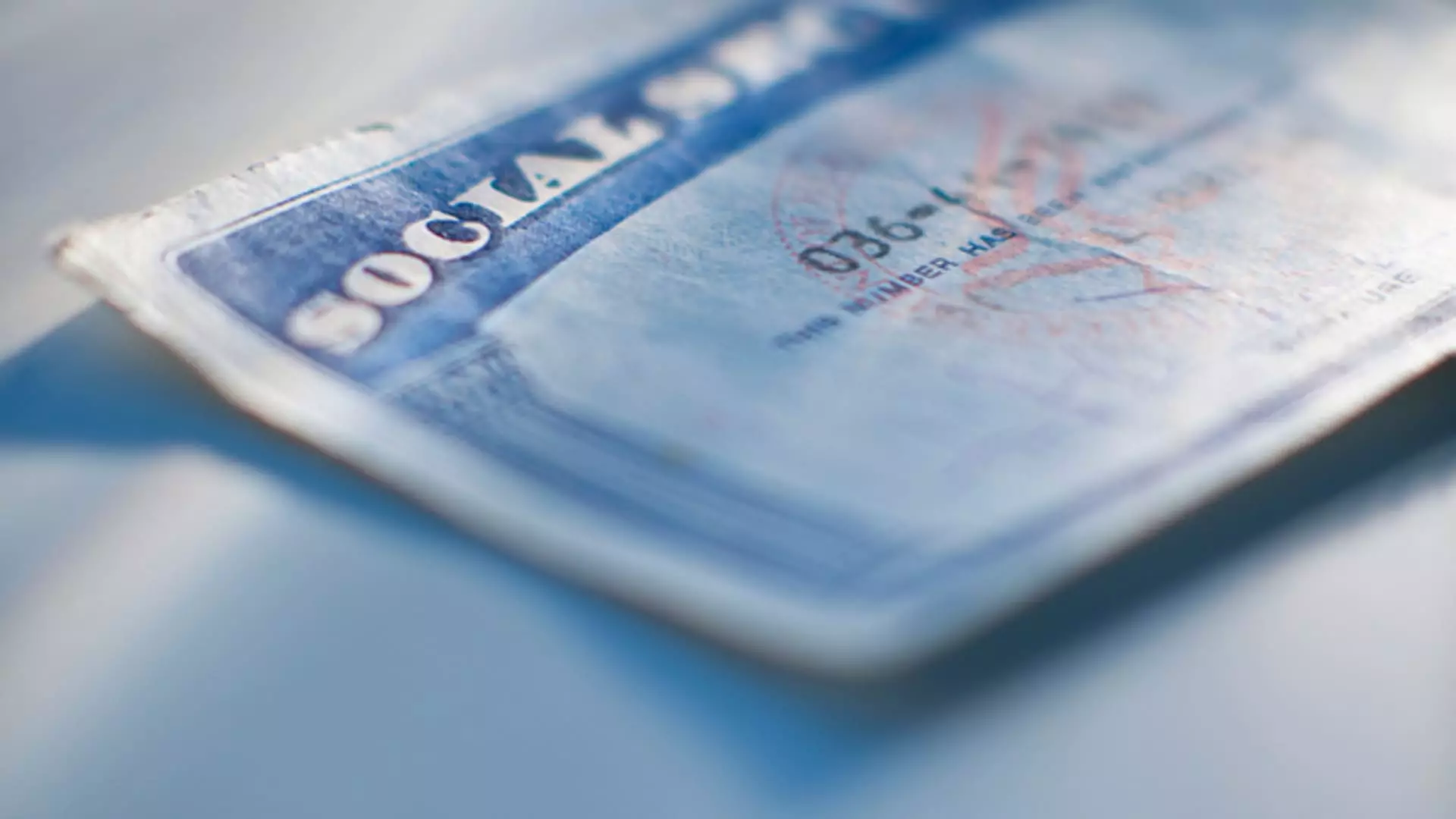In a recent massive data breach, National Public Data, a background check company, owned by Jerico Pictures Inc., disclosed that over 2.9 billion personal records were potentially exposed. The breach included sensitive information such as Social Security numbers, names, email addresses, phone numbers, and mailing addresses. While National Public Data reported 1.3 million breached records in Maine, experts suggest that the actual number could be higher. The breach was believed to have occurred in December, with leaks of information happening in April and over the summer.
Cyber professionals investigating the breached data found that much of the information was already available and not entirely accurate. National Public Data gathers information from various sources, including the web, which may lead to inaccuracies and outdated data. Certain public records, such as property transactions, can be collected without consent, making it challenging to ensure data accuracy. Companies can aggregate publicly available data to profile individuals, raising concerns about data privacy and protection.
In light of the data breach, it is crucial to take proactive steps to protect your personal information. Start by checking if your data was affected by the breach using authorized websites like NPDBreach.com or NPD.pentester.com. Avoid entering sensitive information such as your Social Security number on these sites. Most individuals have reported finding inaccuracies in the leaked information, but it is essential to remain vigilant.
If your information was compromised in the breach, consider freezing your credit with the major credit bureaus – Equifax, Experian, and TransUnion. Freezing your credit helps prevent unauthorized access to your records by malicious actors. Remember to verify that you are on the legitimate websites of credit bureaus to avoid potential scams. Changing passwords, enabling multi-factor authentication, and refraining from sharing personal information on public networks are additional precautions to safeguard your data.
While freezing your credit is a critical step, you may also explore purchasing additional protection services. Some data brokers offer opt-out options to exclude individuals from their data collections. However, contacting numerous data brokers individually can be time-consuming. Consider investing in a data broker removal service to streamline this process. Identity theft monitoring tools and dark web monitoring services can also provide alerts if your information is misused or appears on the dark web.
Although legal avenues may exist for individuals affected by data breaches, the likelihood of substantial monetary compensation is low. Past cases like the 2017 Equifax breach resulted in minimal payouts to affected individuals. Establishing actual harm from a specific data breach can be challenging due to the prevalence of such incidents. Legal actions typically aim to consolidate lawsuits into multi-state class actions, requiring concrete evidence of harm attributable to the breach.
Safeguarding your personal information is paramount in today’s digital landscape. By staying informed about data breaches, taking proactive security measures, and exploring enhanced protection services, you can minimize the risks of identity theft and privacy violations. Remember that prevention is key when it comes to protecting your sensitive data online.

